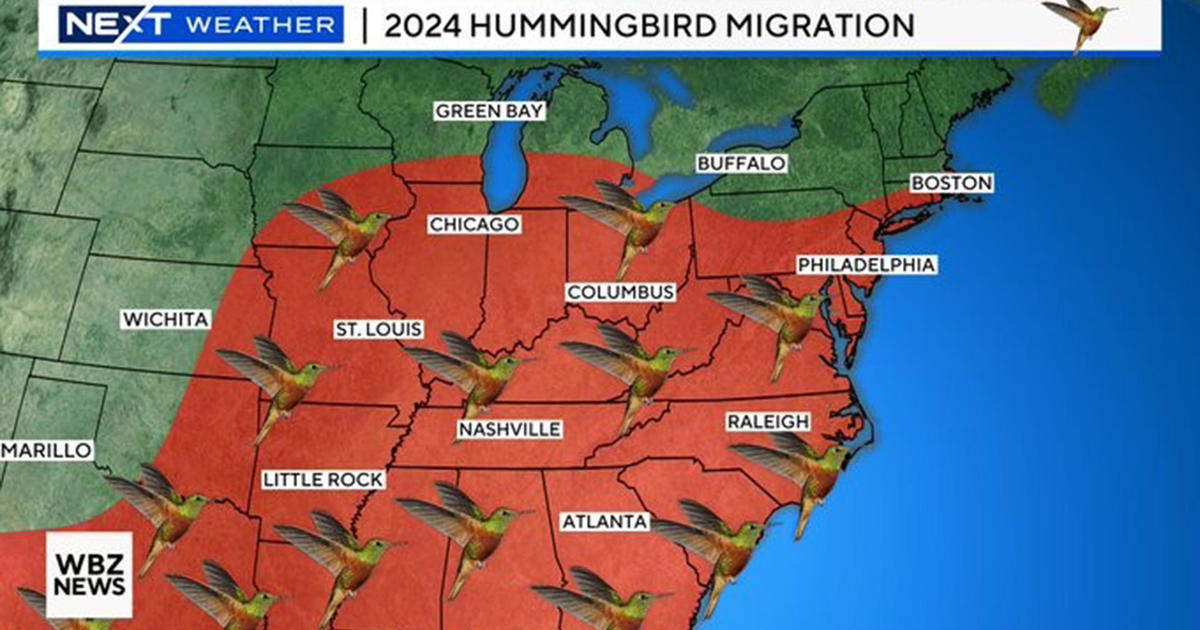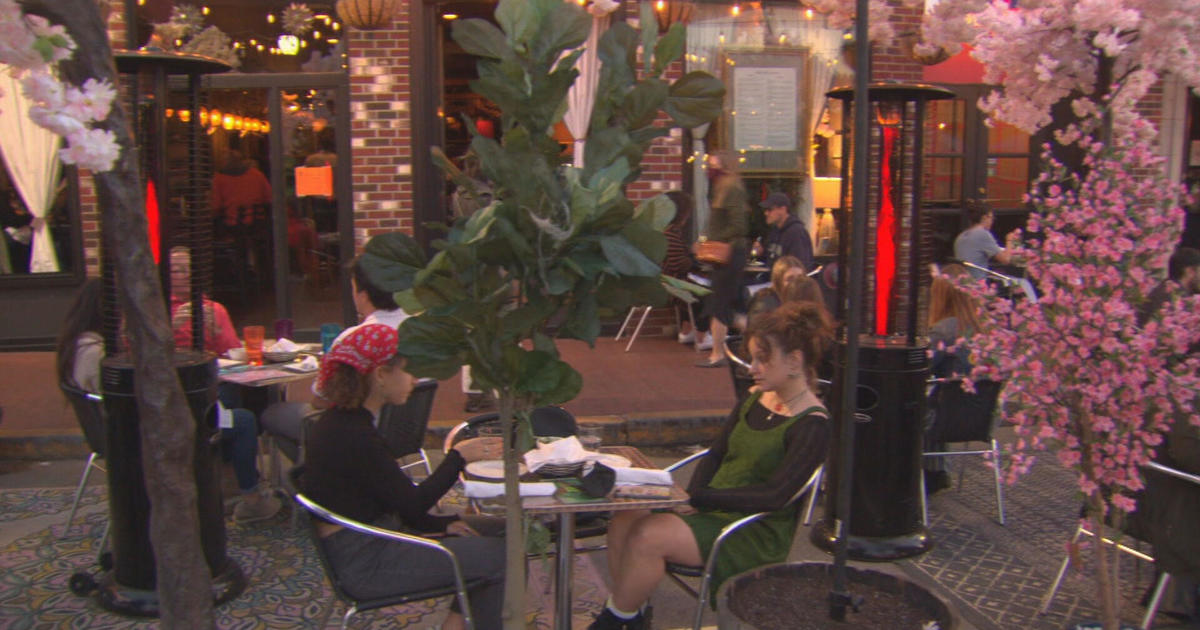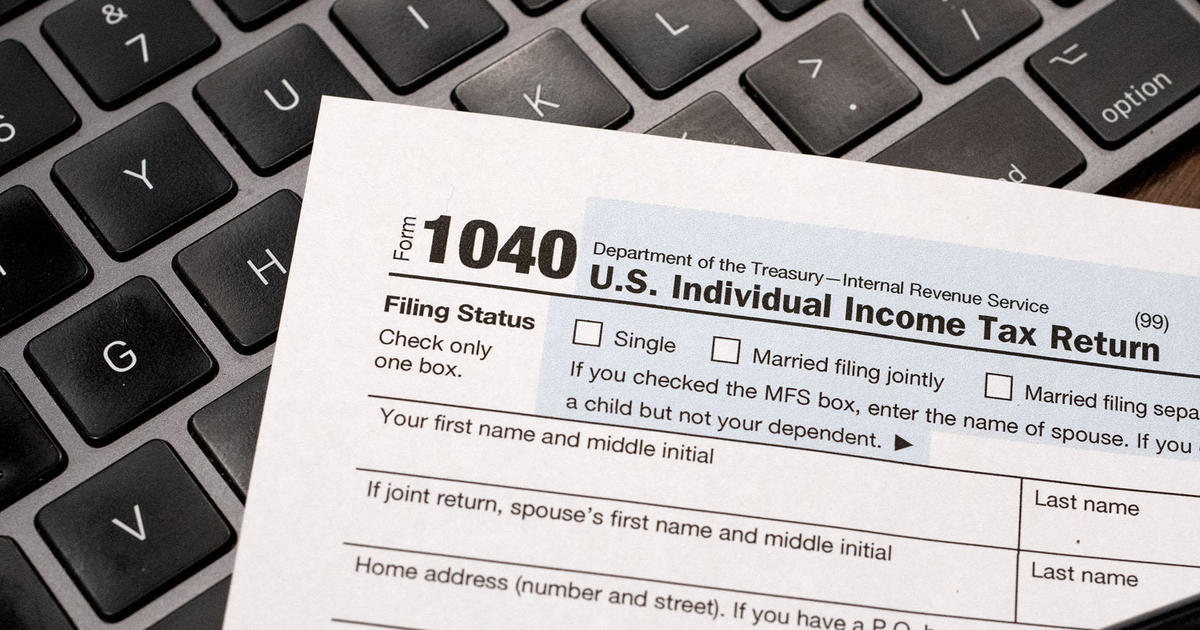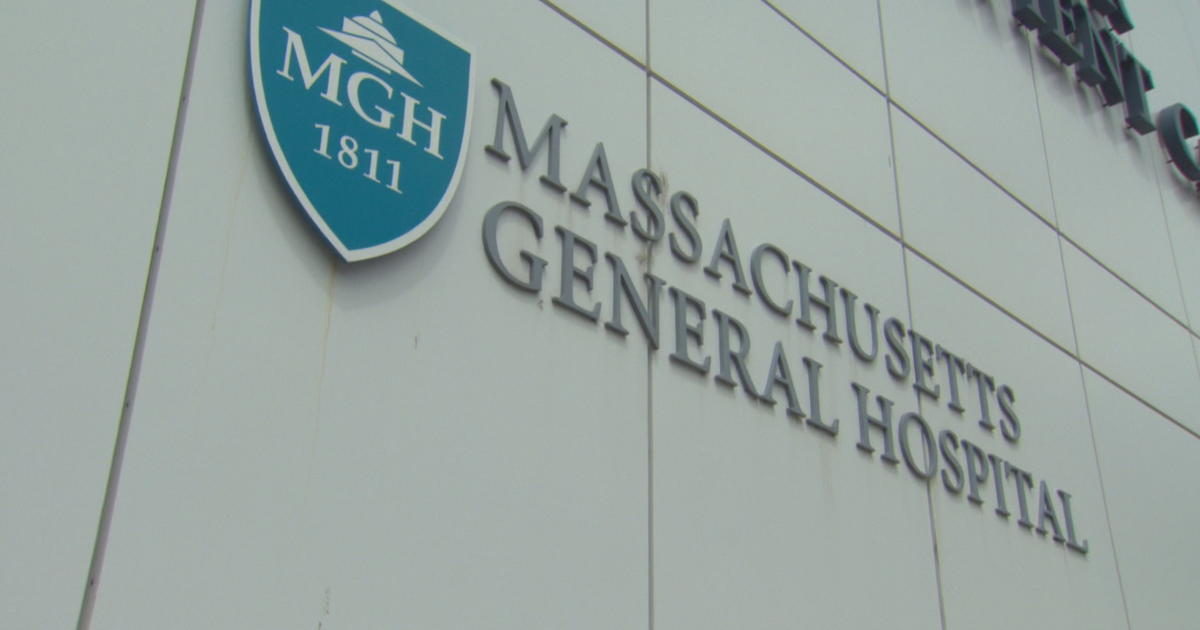Will MBTA Sell Naming Rights To Stations To Raise Ad Revenue?
BOSTON (CBS) - Charlie has been getting the cold shoulder from Madison Avenue lately.
The MBTA's advertising revenue has not bounced back to pre-recession levels, despite high hopes that splashy new ad vehicles like "wrapped" Red Line trains would bring in thousands in extra revenue, helping the MBTA to chip away at a projected $161 million deficit for the fiscal year beginning in July.
Advertising revenue for the MBTA's 2012 fiscal year is projected to be around $12 million, down from more than $15 million for fiscal year 2009, according to the MBTA.
Ad revenue "has not come back to full strength," Barbara Moulton, assistant general manager for customer communications and marketing at the MBTA, told the Boston Business Journal.
Back in 2010, soon after Richard Davey (currently the state's transportation secretary) joined the MBTA as general manager, the MBTA rolled out its first ever "wrapped" MBTA cars. Metro PCS paid around $120,000 to brand several Red Line trains for two months.
At the time, Davey expressed hope that while ad revenue had dipped since the recession, by being innovative and creative, the MBTA would get back on track.
But the MBTA hasn't sold another wrapped train since 2010.
About 1.3 million people travel on the MBTA's buses, subways, commuter rail lines and The Ride each weekday, according to numbers released in March by the T.
The MBTA is facing an additional $1.2 million loss in ad dollars this year because as of July 1, it will stop running alcohol ads, after the agency acquiesced to demands of community leaders and advocacy groups. Anheuser-Busch and Maker's Mark have for years been significant T advertisers.
Still, the state's transit agency is hoping some upcoming initiatives bring in much-needed non-fare revenue in the coming months.
Titan, the New York firm that manages advertising for the MBTA, said that while selling transit ads for the MBTA has been a challenge since the recession, agency executives hope new innovations will help.
The MBTA takes in 62.5 percent of net revenue of all that Titan sells.
Titan reps said more wrapped trains are on tap for this summer.
"We're working hard to replace (the alcohol component) and ... to try and develop new opportunities for advertising," said Scott Goldsmith, senior vice president and chief commercial officer at Titan.
Transit advertising will always remain a piece of the advertising pie because many people see transit ads, said Kathy Kiely, president of the Ad Club in Boston.
"You have a captive audience," said Kiely.
Still, the MBTA has several new tweaks to its ad model planned that it hopes will bolster revenue, including a pilot program for digital advertising program, set to debut in November, on 36 screens across four MBTA stations: Park, South, North and Harvard Stations.
The pilot program is expected to generate annual revenue of $800,000, Moulton said.
"Digital is revolutionizing our industry, in that it provides real-time advertising, rather than a static ad," said Dave Etherington, a vice president at Titan Mobile.
The MBTA also launched a pilot program last year to sell ads on its website.
The MBTA's advertisers include a mix of national and local brands including Jet Blue, local colleges and universities including Harvard, Fidelity, Apple and health care brands, including Tufts Medical Center.
Jet Blue has been aggressive in its transit advertising in Boston during the past few years as it has added more flights at Logan International Airport.
The airline currently is running a "station domination" in South Station. Brands usually pay between $60,000 to $120,000 to take over a station for around two weeks; Jet Blue would not disclose how much it paid.
"We love station takeovers... You get incredible volume through South Station. I think that's what's great about the T is you get big volumes of people," said Marty St. George, senior vice president of marketing at Jet Blue.
"One of the goals we have is that as we grow, that we do a good job of communicating to customers... We want to get across the core message about how many places we fly."
The MBTA is also currently reviewing whether or not to sell naming rights to MBTA stations, spokesperson Lydia Rivera said.
The move would generate plenty of controversy as well as revenue.
New York City's transit authority, the MTA, several years ago sold the naming rights to the Atlantic Avenue stop in Brooklyn, which is only now coming to fruition.
This month new signs appeared at the stop, which is now known as "Barclays Center" for the Barclays Center, a Brooklyn sports arena, has according to media reports, agreed to pay about $200,000 annually for the next 20 years for the naming rights.
Lisa van der Pool of the Boston Business Journal can be seen weekdays at 6 a.m. on WBZ-TV.
You can follow Lisa on Twitter at @lvanderpool.



